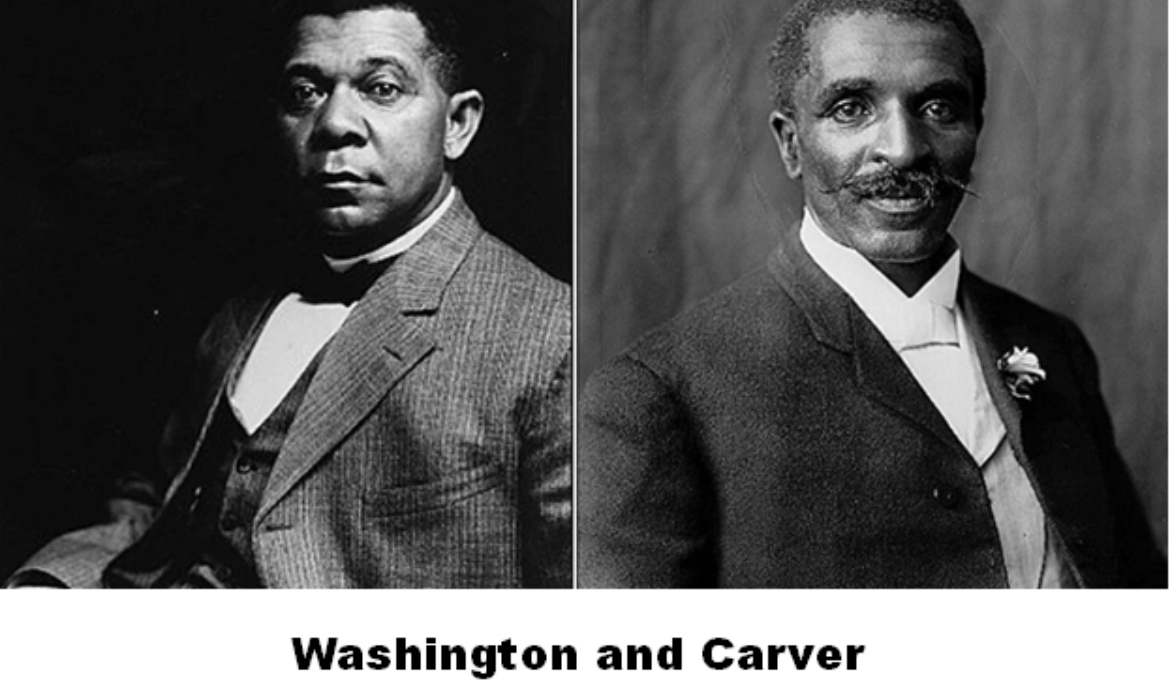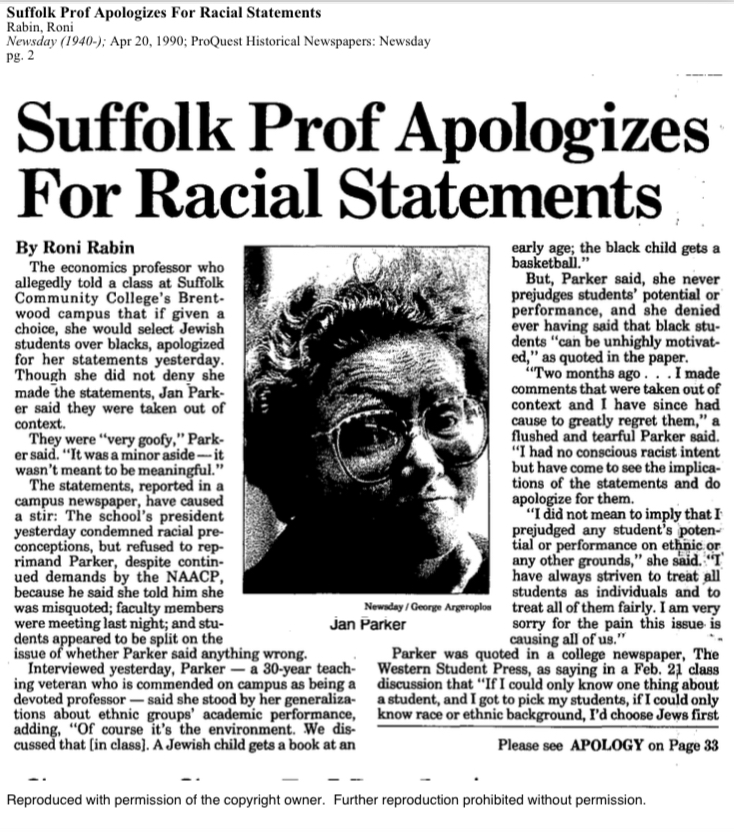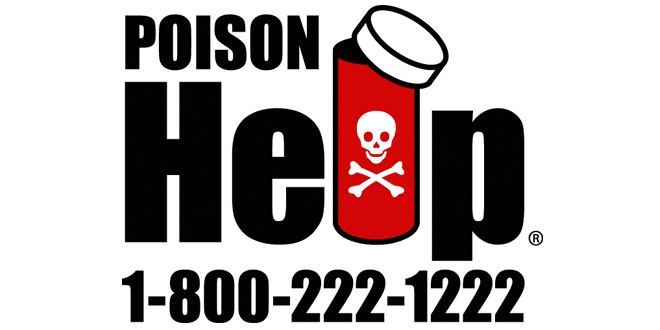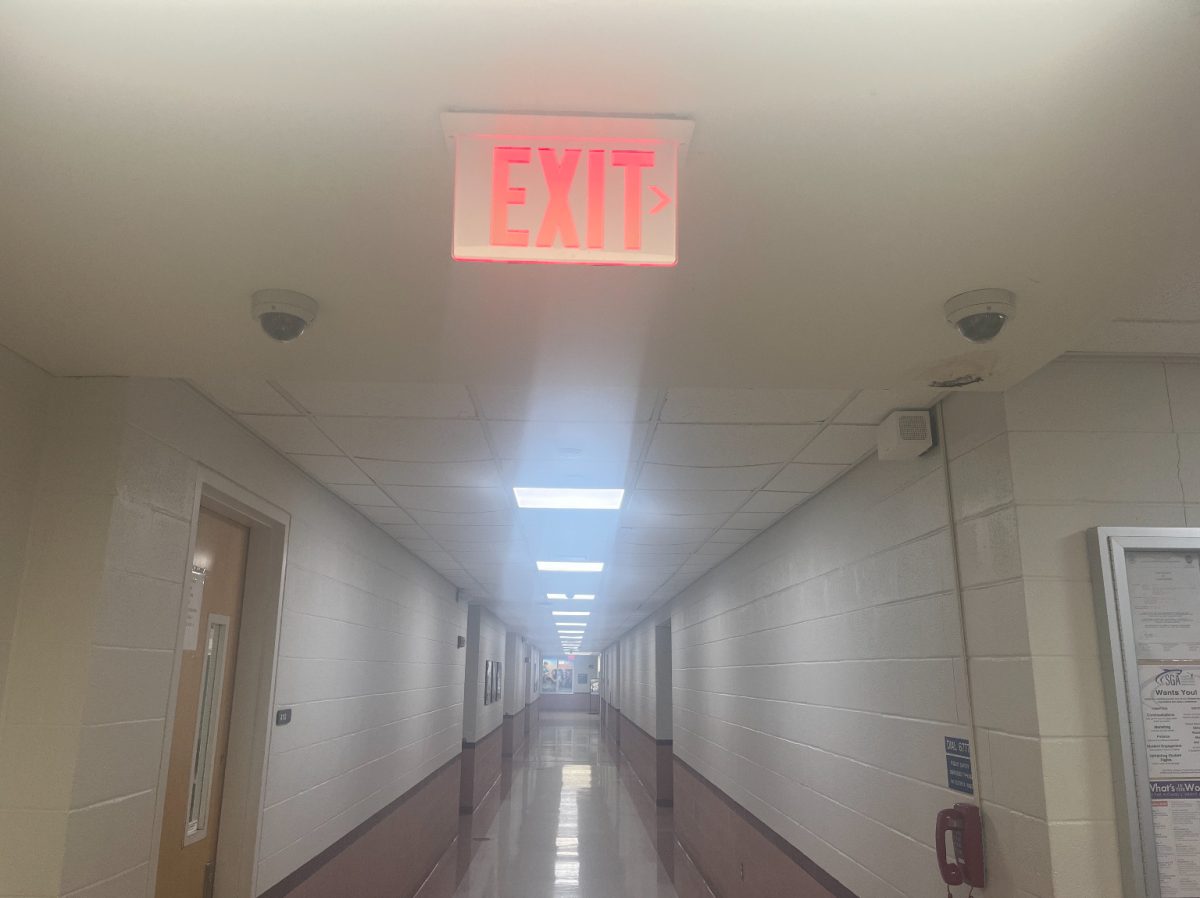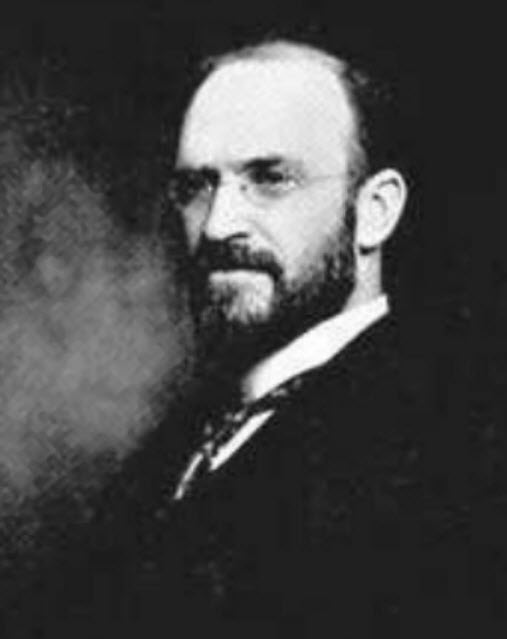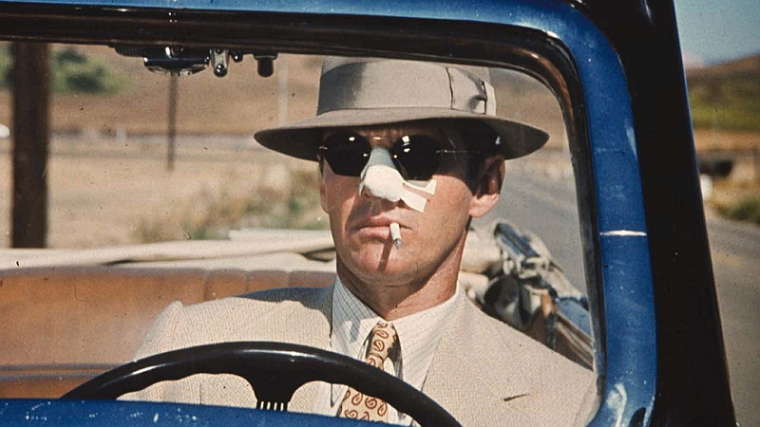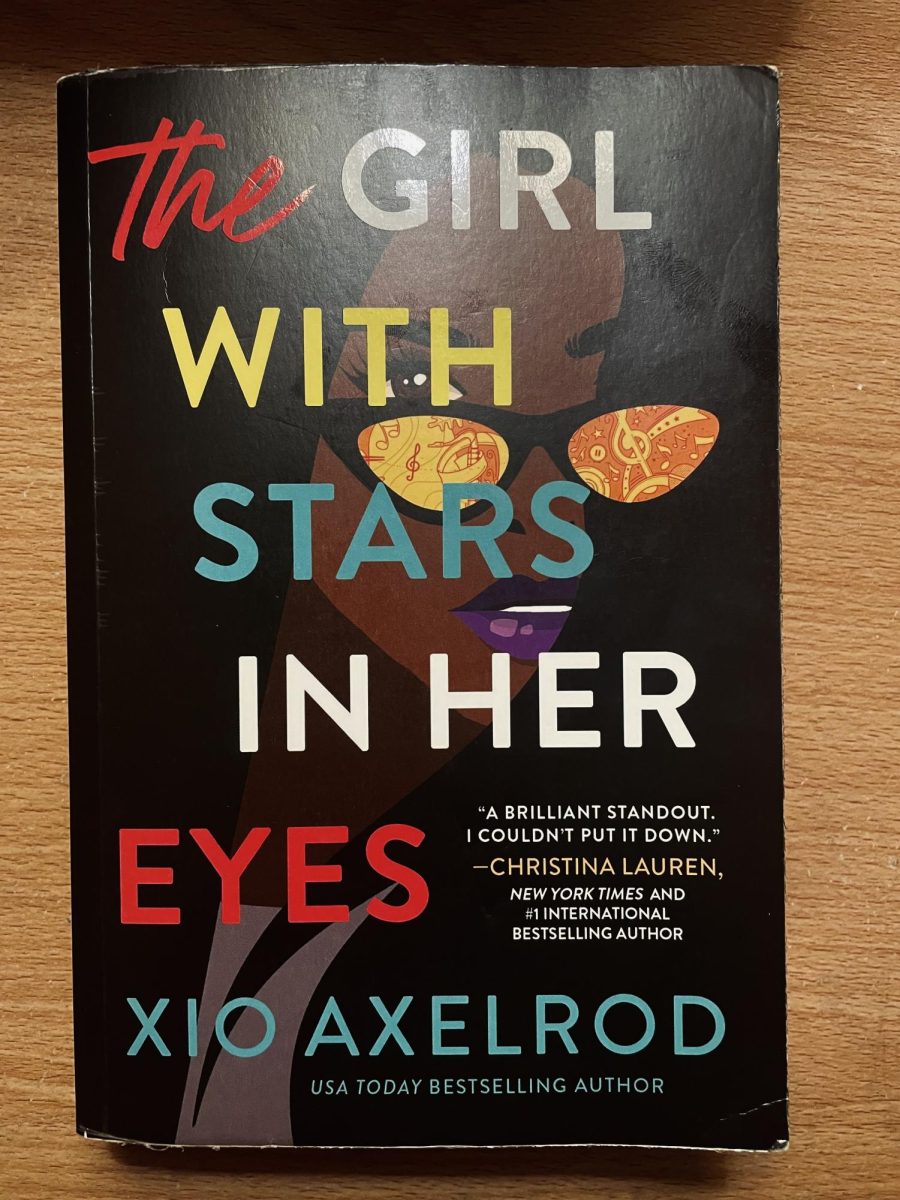About two and a half years ago, I was sitting on my couch, searching for a movie to watch. It was late at night, and as I scrolled through Amazon Prime Video, I came across a Jack Nicholson movie I had never heard of. It was called Chinatown, and from the vague description on Prime, I gathered it was a detective movie from the 1970s. Given that I am a big fan of both Nicholson and detective films, I decided to give it a chance. Watching Chinatown turned out to be one of the greatest decisions I’ve ever made, as I now consider it the greatest story ever put on the big screen.
Set during the Great Depression in Los Angeles, Roman Polanski’s Chinatown is a masterpiece of the neo-noir genre. Like the classic noir films of the 1940s and 50s, Chinatown delves into a dark world of deceit, crime, corruption, and greed. Written by Robert Towne, the screenplay is often hailed as one of the greatest ever crafted, if not the very best. It is frequently taught in college film classes across the country, as every small detail in the story plays an essential role in the central plot.
The film centers on Jake Gittes, a cynical private detective played by Jack Nicholson, who gets caught up in a major corruption scandal surrounding water, a basic but vital resource. In 1930s Los Angeles, the growing population demanded more water than was available, requiring the construction of aqueducts to bring in water from rivers and other freshwater sources outside the city. However, farmers were already using this water for irrigation, leading to the California Water Wars—a long political conflict that forms the backdrop of the story.
The plot begins when a woman named Evelyn Mulwray asks Jake to investigate whether her husband is cheating on her. Gittes follows Hollis Mulwray, played by Darell Zwerling, the city’s Water and Power Department’s chief engineer, and observes him visiting sites where fresh water is being dumped, despite a city-wide drought. Gittes later photographs Mulwray with an unknown woman, which his client then sends to the newspapers. After this, Gittes learns he’s been tricked by an imposter, as the real Evelyn Mulwray (Faye Dunaway) appears, informing him of her intent to file litigation.
Stunned by how easily he was deceived, Gittes begins investigating further, driven initially by revenge rather than altruism. His shock only intensifies when he learns that Hollis Mulwray has been found dead, in what is ruled a suicide. When he confronts Evelyn about this, she abruptly drops the lawsuit, further deepening the mystery.
As the story unfolds, Gittes embarks on a complex journey to uncover who deceived him and, after discovering that Mulwray had saltwater in his lungs, who murdered him. This leads him to Noah Cross, played by renowned director John Huston, an aging tycoon who was once Hollis’s partner and is also Evelyn’s father. Cross asks Gittes to find the young girl seen with Hollis. It’s later revealed that this girl, Katherine, is both Evelyn’s daughter and Cross’s, a shocking revelation that exposes Cross’s true nature. Cross orchestrated the entire scheme, including fooling Jake with a fake Evelyn, and has a corrupt plan to profit from building a dam to irrigate areas of the San Fernando Valley. Mulwray was killed because he discovered that the water was being dumped to exacerbate the drought artificially.
Unlike classic detectives like Sherlock Holmes or Benoit Blanc, Gittes isn’t a genius. He has a general sense of the scheme but doesn’t fully understand “what he is really dealing with,” as Cross himself tells him. This limitation makes him relatable; he’s a flawed, self-serving detective with just enough intelligence to unravel part of the mystery but not enough to foresee the final twist. Gittes’ vulnerability and cynicism, reminiscent of Sam Spade (as played by Bogart), make him more human, as most of us aren’t the genius-level detectives of popular stories.
The final act brings all the film’s key players together, but Gittes, rather than controlling the situation, finds himself outmaneuvered. Instead of saving Evelyn and Katherine from Noah Cross, he is helpless, handcuffed by his old friend Lt. Escobar, who believes Evelyn killed Hollis. When Evelyn, in a desperate attempt to protect Katherine, shoots Cross, she tries to escape with her daughter, only to be shot by the police. In the end, we witness the devastating image of Cross taking Katherine, emerging victorious as Gittes is left devastated.
The final act’s setting reflects a recurring theme throughout the movie. Jake once worked as a cop in Chinatown, where he learned that intervention often only made things worse, especially as a white policeman in a predominantly Chinese neighborhood. This element of making things worse by getting involved haunts Jake in the end, as he is dragged away from Evelyn’s body, realizing that his involvement may have led to her death and Katherine falling into Cross’s hands.
The era in which Chinatown was made provided the perfect environment for a masterpiece. Produced by Robert Evans, the Paramount executive known for his sharp Hollywood instincts, the movie benefited from the creative freedom that followed the end of the restrictive Hayes Code, allowing it to explore darker, grittier themes. John Alonzo’s cinematography captures the sun-drenched yet morally murky landscape of 1930s Los Angeles through sharp contrasts of light and shadow. The haunting score by Jerry Goldsmith, who was nominated for 18 Academy Awards, intensifies the suspense and emotional depth of the film.
Regardless of age or interest in film, I highly recommend watching this masterpiece. The story is so intricately woven that it encourages multiple viewings to catch small details that may be missed on the first watch. Chinatown will make you laugh, tense with suspense, and horrified at its darker revelations, particularly the disturbing truth about Katherine. To call it a simple detective movie feels reductive; in my honest opinion, it’s the greatest story ever put on film, and the movie itself is all the evidence needed to support that claim.







